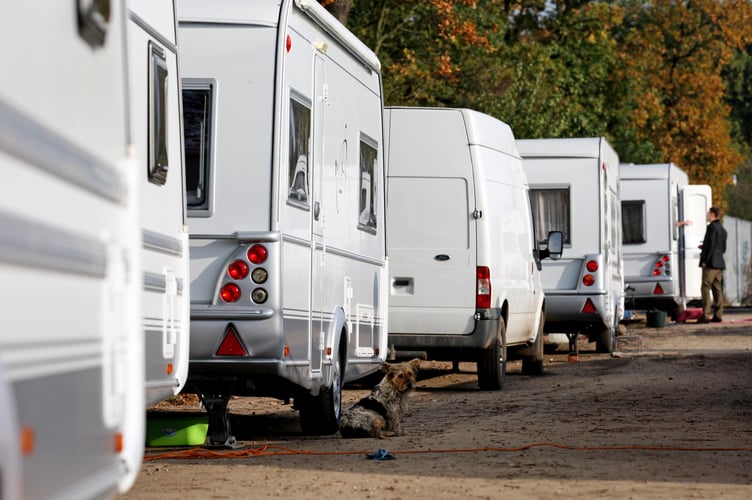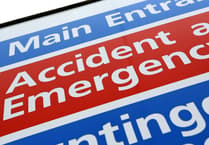There were fewer Traveller caravans pitched in Bath and North East Somerset at the start of this year, new figures show – despite an increase across England.
It comes as the Friends, Families and Travellers charity celebrates Gypsy, Roma and Traveller History Month, which runs through June.
In response to the figures, the charity has called for more safe stopping places for the communities.
Figures from the Department for Levelling Up, Housing and Communities show there were 41 Traveller caravans recorded in Bath and North East Somerset in January – down from 45 the year before.
Of them, nine had settled without planning permission.
Across England, there were 26,632 caravans counted in January, an increase of 7% from the year before.
The department said the increase this year was higher than average. It added this is partly explained by data quality improvements in the most recent count, with more authorities submitting data.
Of the caravans recorded nationally, 86% were on authorised land and 14% were unauthorised.
The number of unauthorised caravans has risen 13% from January 2023 – the majority of these were on land owned by Travellers.
A spokesperson for Friends, Families and Travellers, which works on behalf of Gypsy, Roma and Traveller communities across the UK, said a national shortage of safe stopping places has caused an increase in Gypsies and Travellers living on roadside camps.
They added "entire families are stranded with nowhere else to go".
"National government must ensure councils have the appropriate funding in place so that Gypsy and Traveller families can access secure living conditions through the creation of more safe stopping places," they added.
"Everyone deserves a safe place to rest."
The data also shows there were spaces for 24 caravans at local authority and privately-owned sites in Bath and North East Somerset.
The charity's general election campaign has asked parties to introduce stronger legislation encouraging councils to create adequate provision for Travellers.
It said Gypsy and Traveller sites are often built on dangerous roads, and close to tips and sewage works.




